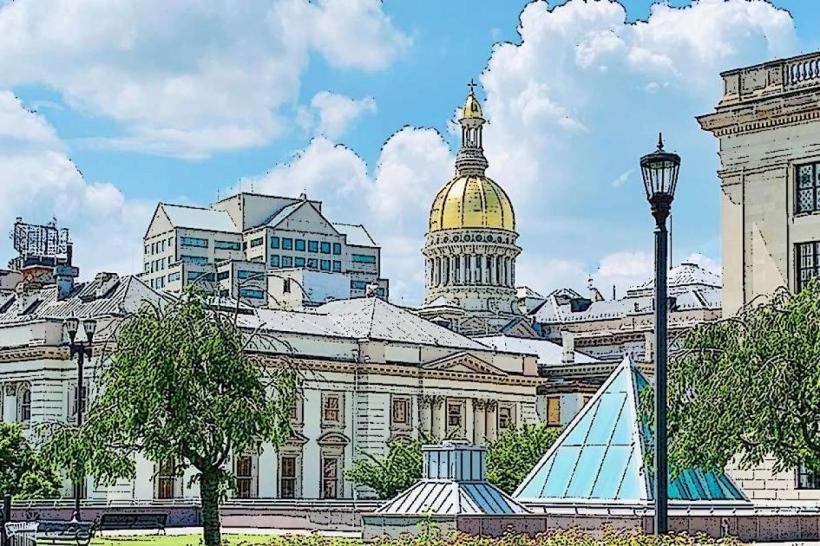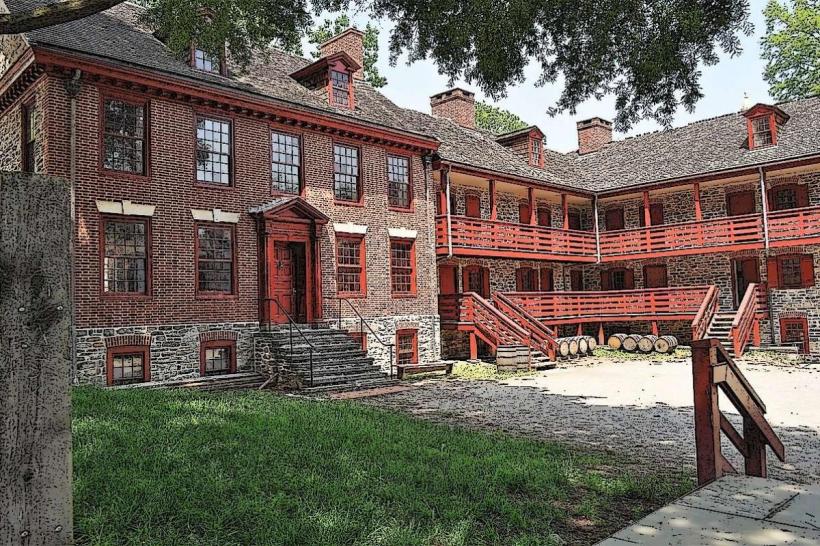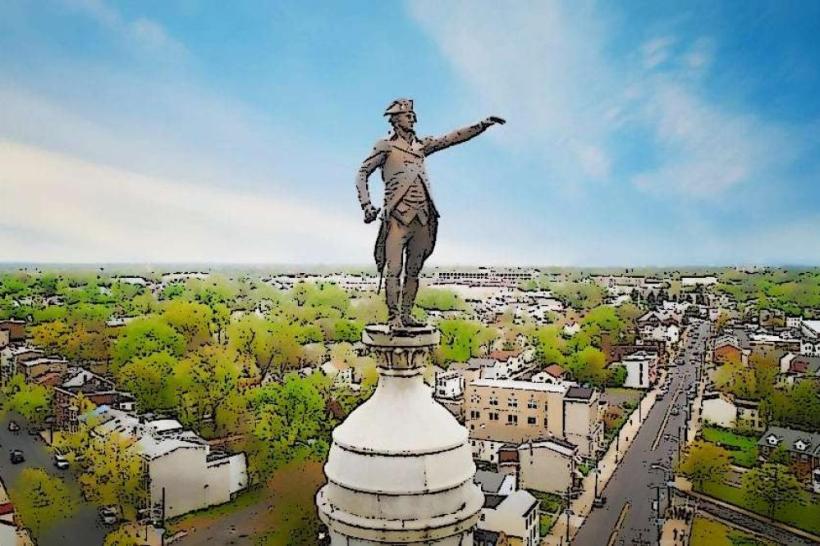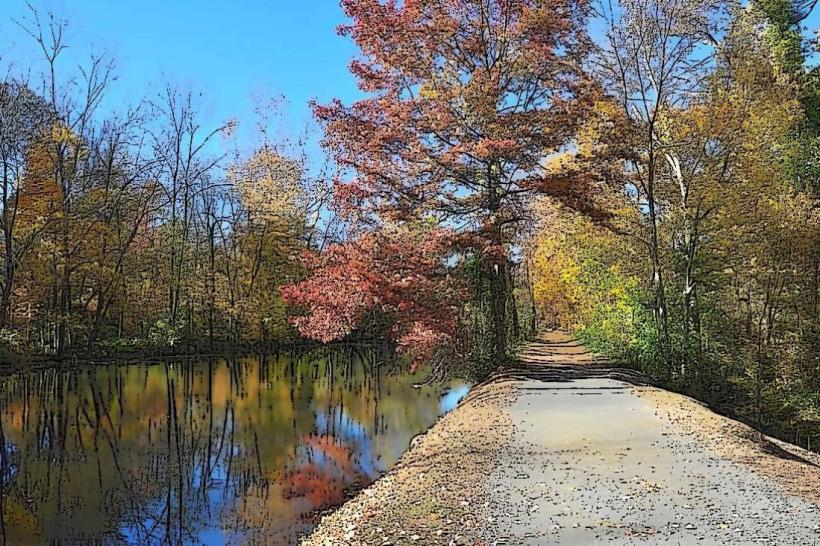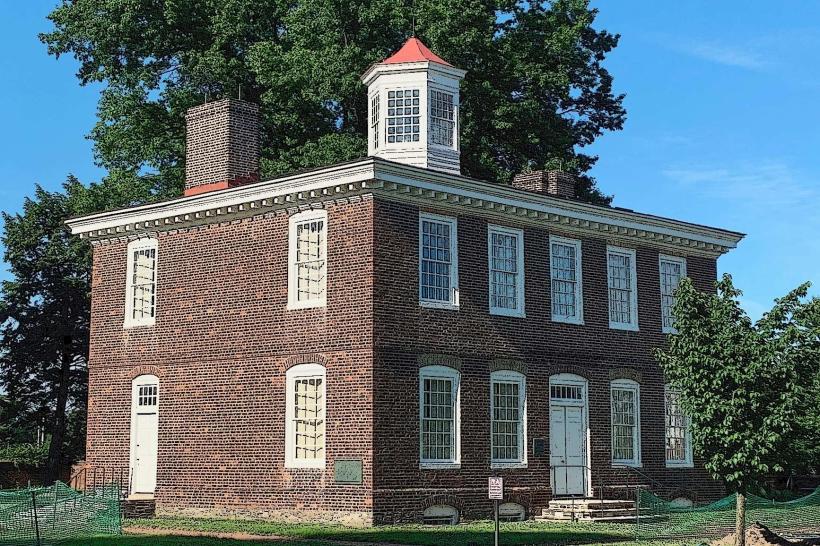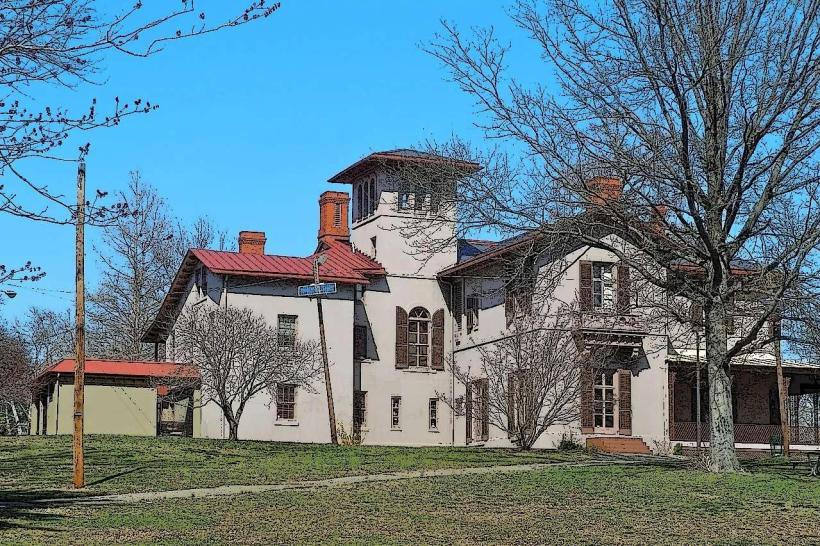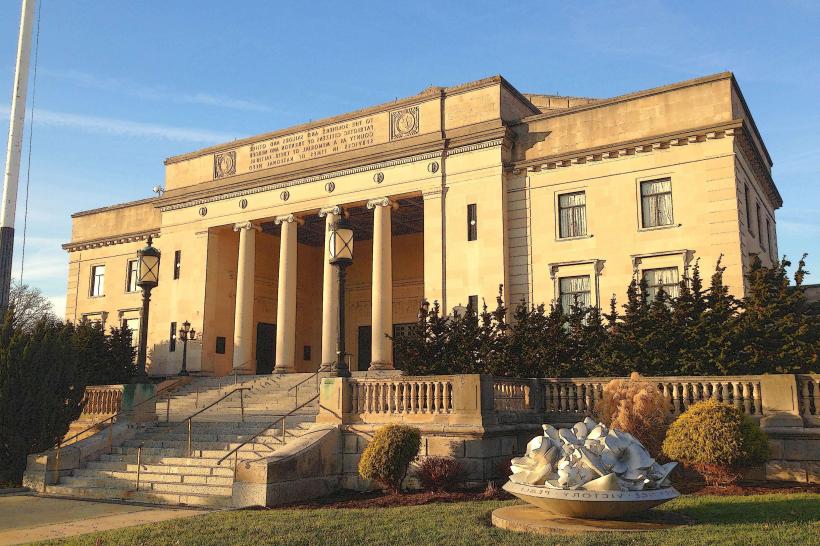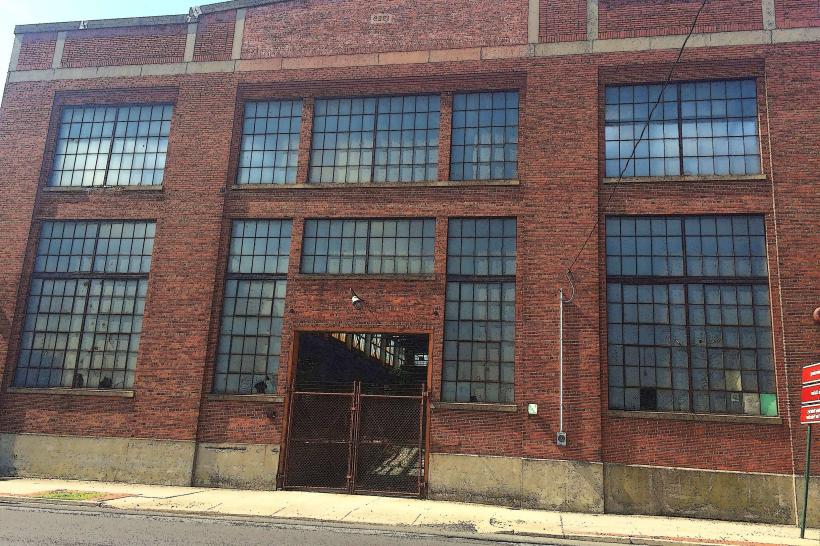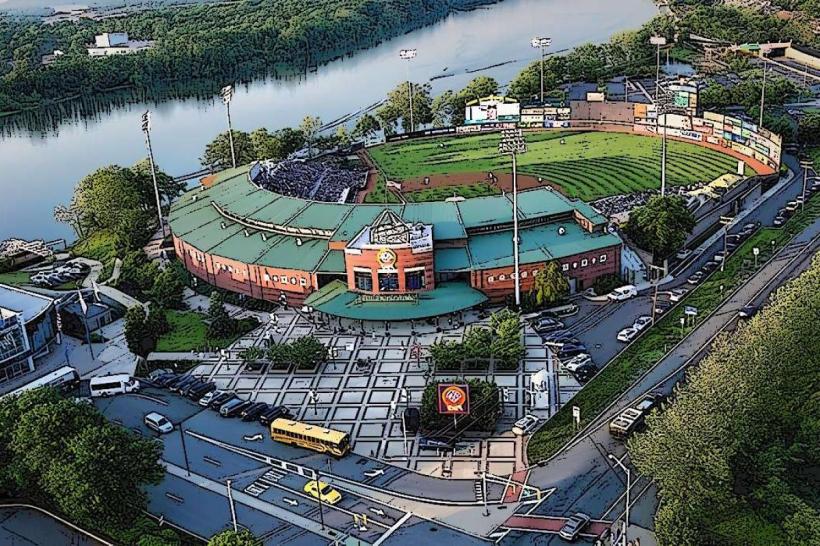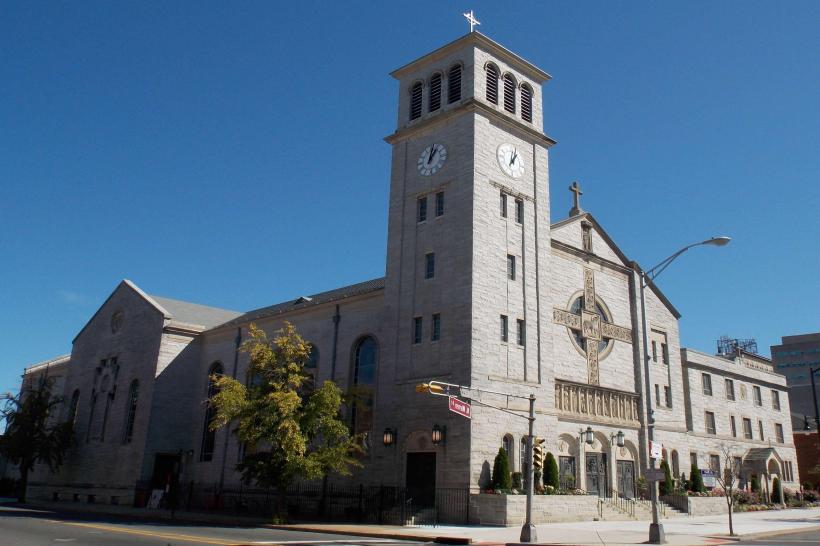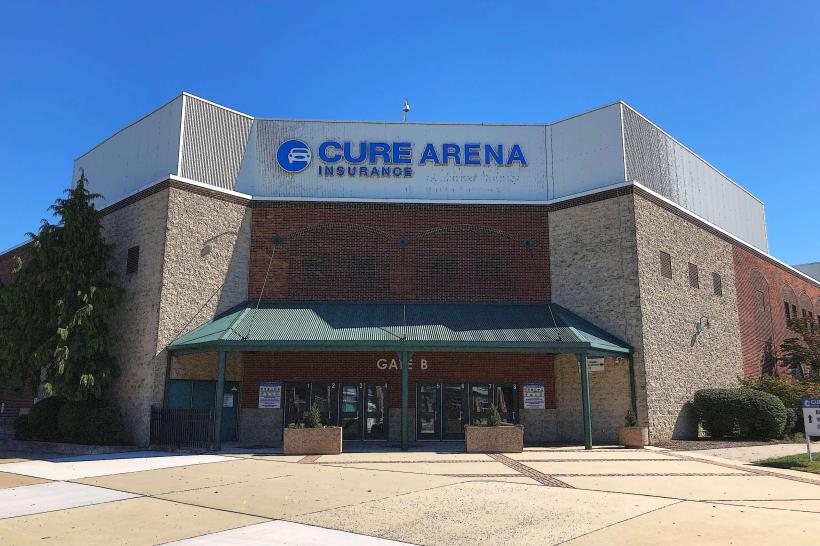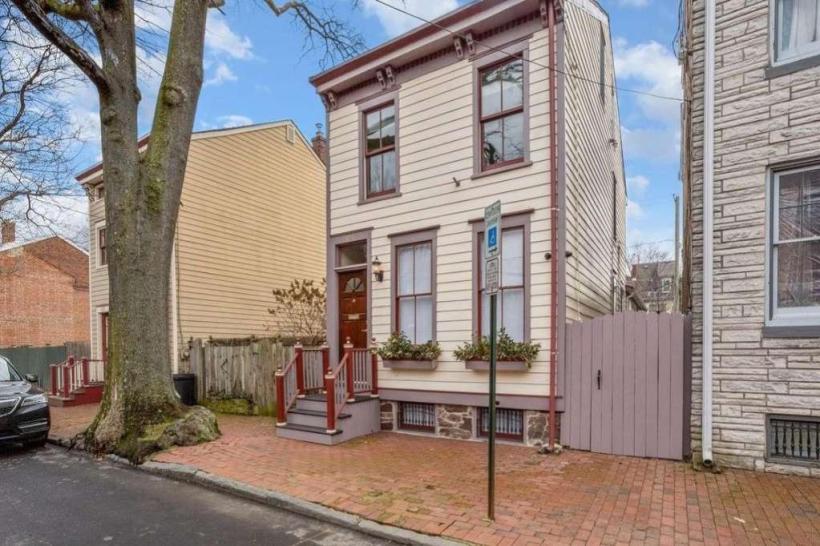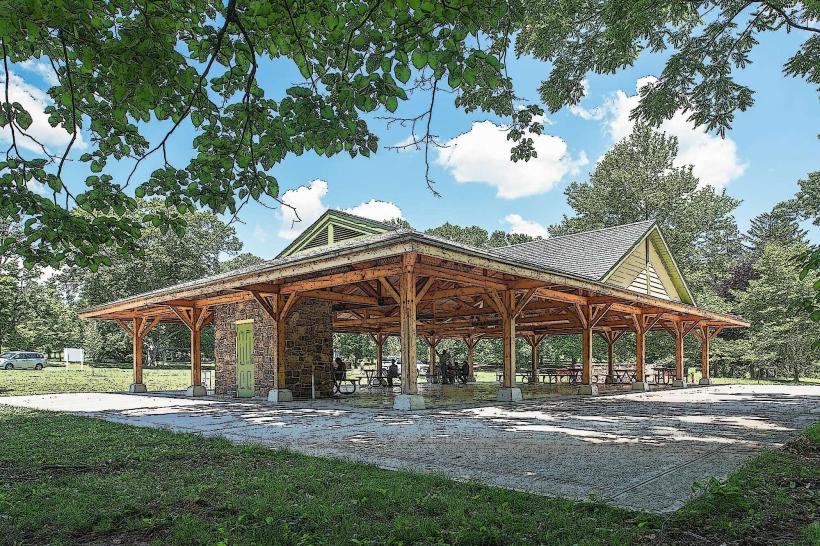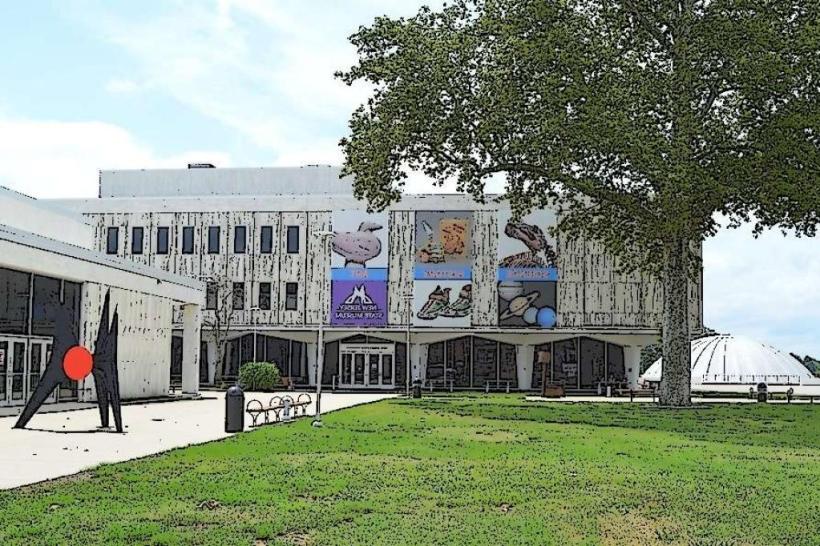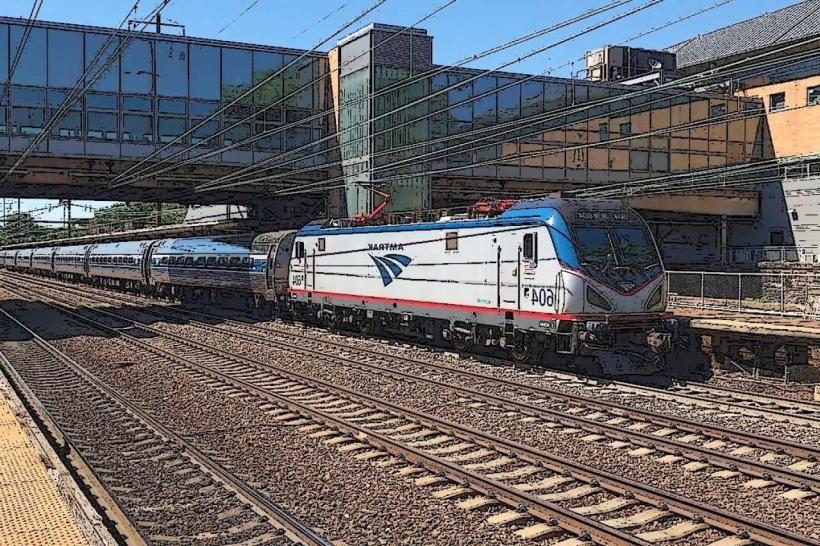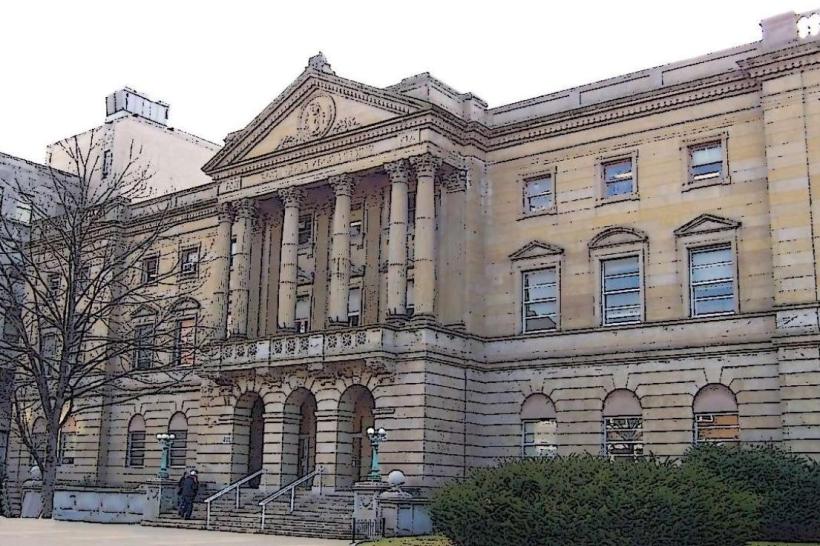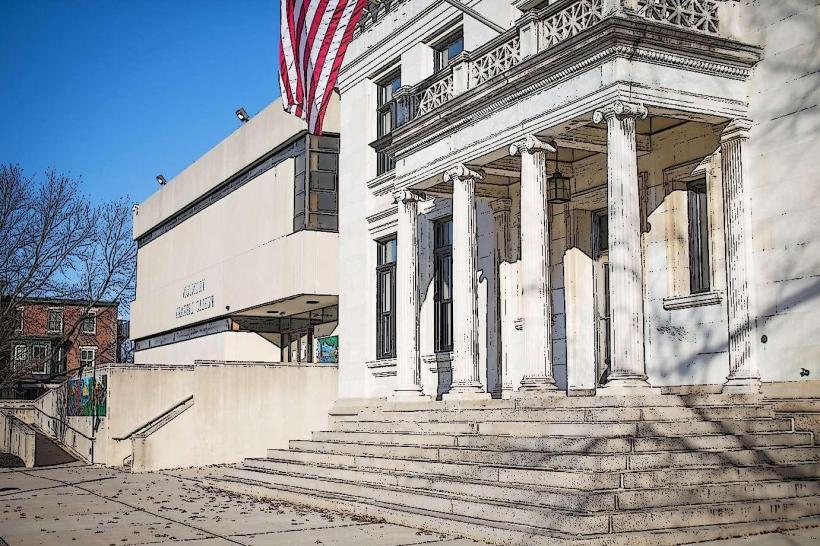Information
Landmark: Trenton Civic CenterCity: Trenton
Country: USA New Jersey
Continent: North America
Trenton Civic Center, Trenton, USA New Jersey, North America
Overview and Location
The Trenton Civic Center was a prominent venue located in downtown Trenton, New Jersey, at 233 Hanover Street. It played an important role as a community and cultural hub, hosting various public events, including concerts and civic gatherings. The Civic Center was positioned near key city landmarks, notably across from the former Sears building, making it accessible to local residents and visitors alike.
Historical Background
Original Function: The building that became the Trenton Civic Center originally served as the Trenton National Guard Armory. Constructed in the early 20th century, it was built to accommodate the New Jersey National Guard, providing a space for military training, drills, and community events.
WPA Upgrades: During the 1930s, the building underwent significant improvements funded by the Works Progress Administration (WPA), a New Deal agency aimed at creating jobs and modernizing public infrastructure. These enhancements reflected the architectural styles of the period and improved the building’s functionality for both military and civic use.
Transition to Civic Center: Over time, as the needs of the city evolved, the armory was repurposed into the Trenton Civic Center, expanding its role beyond military functions to become a venue for public gatherings, entertainment, and cultural events.
Cultural and Community Role
Events and Performances: The Trenton Civic Center gained recognition as a major concert and event venue in the mid-20th century. It hosted a wide range of performances spanning various musical genres, attracting both local audiences and fans from surrounding regions.
Notable Artists: The venue featured renowned musicians and bands, contributing to its reputation as a cultural hotspot. Among the notable performers were legendary figures such as Johnny Cash, known for his iconic country music; Frank Zappa & Captain Beefheart, celebrated for their avant-garde and rock styles; The J. Geils Band, a popular rock band; and Joe Cocker, a well-known blues and rock vocalist. These acts helped elevate the Civic Center’s status as a key stop for touring artists in the Northeast.
Community Events: Besides concerts, the Civic Center was used for a variety of other gatherings, including community meetings, civic functions, and local celebrations, solidifying its role as a versatile space serving diverse public needs.
Architecture and Facilities
Design: The original armory building featured utilitarian architecture typical of early 20th-century military facilities, with large open spaces suitable for drills and assemblies. The WPA improvements in the 1930s added architectural refinements and upgrades that made the structure more accommodating for large public events.
Capacity: The Civic Center was designed to hold several thousand attendees, making it one of the larger indoor venues in Trenton during its operational years.
Accessibility: Its downtown location made it accessible via public transportation and nearby major roads, facilitating attendance by both city residents and visitors from neighboring areas.
Decline and Destruction
Fire Incident: On July 16, 1975, the Trenton Civic Center was severely damaged by a catastrophic fire. The blaze destroyed much of the building, effectively ending its function as a public venue.
Impact: The loss of the Civic Center marked a significant moment in Trenton’s cultural history. The city lost an important gathering place for entertainment and community events, leaving a gap in the local arts and public event scene.
Aftermath: Following the fire, the site remained vacant or was repurposed in ways that no longer supported a major public venue. The memory of the Civic Center endures in local history and among residents who recall its contributions to Trenton’s cultural life.
Legacy
The Trenton Civic Center is remembered as a symbol of the city’s mid-20th-century cultural vibrancy.
Its history reflects broader social and economic trends, from military preparedness and New Deal programs to post-war entertainment and community development.
Though no longer standing, the venue’s legacy lives on through archival records, photographs, and the memories of those who attended events there.
This detailed history captures the Trenton Civic Center’s origins, significance as a cultural landmark, and its unfortunate destruction, offering a comprehensive picture of its role in Trenton’s past.

